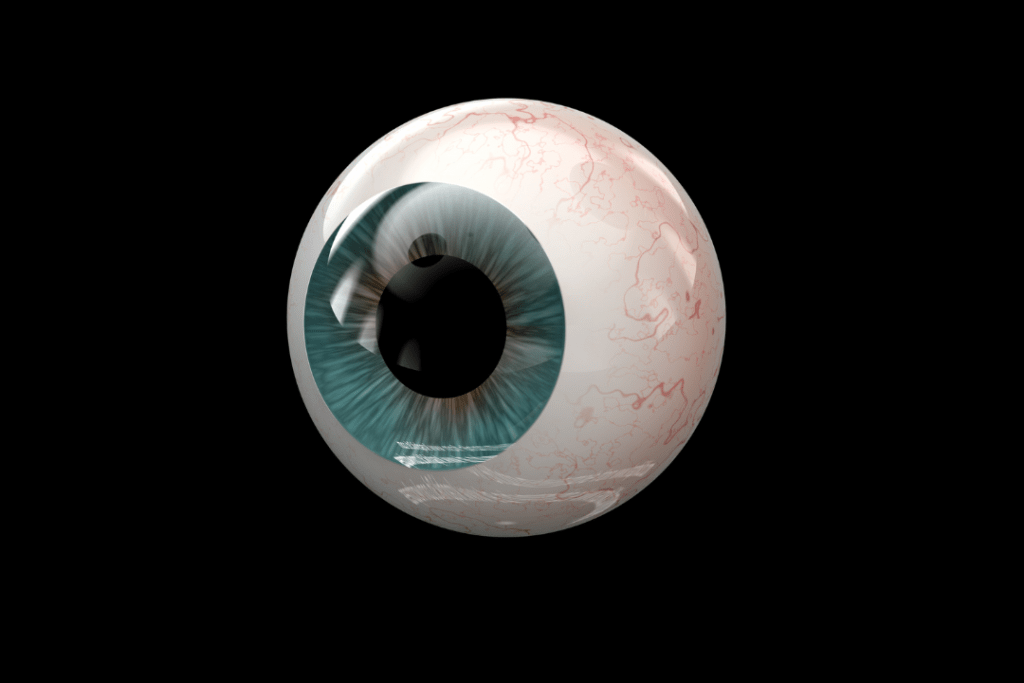Taking care of your eyes is very important for their growth. It’s a good idea to check up with their eye doctor every year. This helps catch and fix any vision problems early. It’s a good idea for the eye doctor to see your eye regularly and keep it healthy. Take more information about your eyes and read how to make healthy eyes.
What is a children’s eye doctor?

Children’s eye doctors have extra training to understand kids’ eyes and common issues like nearsightedness, crossed eyes, and lazy eyes. Some of these eye doctors even specialize in helping children with developmental or autism-related challenges. They make sure that going to the eye doctor is a comfortable and friendly experience for kids.
How can I find a children’s eye doctor near me?
Wondering how to find a kid-friendly eye doctor nearby? It’s simple!
- Search Online: Use Google or Bing and type “children’s eye doctor near me.” You’ll get a list with addresses and reviews.
- Ask Friends: Check with friends or family for recommendations. They might know a good eye doctor for kids.
- Check Insurance: Call your health insurance provider. They can give you a list of covered eye doctors.
- Ask Your Child’s Doctor: Your child’s regular doctor might know a good eye doctor for kids.
- Local Places: Look at local boards or directories in your community. Sometimes, eye doctors advertise there.
Make sure to pick an eye doctor who’s good with kids and makes the visit friendly and comfortable for your child.
How can I find a children’s eye doctor who accepts my vision insurance?
Use our locator tool to discover pediatric optometrists and pediatric ophthalmologists that accept your vision insurance. Alternatively, you can check your insurance company’s website for a list of in-network providers.
Many of the children’s eye doctors in our locator provide details about the insurance plans they accept. To find a pediatric vision specialist that works with your plan, simply select your vision insurance using the “Edit” button in the locator toolbar.
While not all listings may include vision insurance information, if your plan-specific search doesn’t yield enough results, consider selecting “I’ll pay for myself.”
If you have Medicaid, you can also find a children’s eye doctor who accepts it. When comparing pediatric vision specialists, make sure to inquire about the services covered by your insurance, your copay amount, and any fees for services not included in the quoted price, such as follow-up visits. Understanding these details ensures a smooth experience with your chosen pediatric eye care provider.

Other Reasons to See Your Eye Doctor
If you have any of the following eye problems, don’t wait for your next appointment—visit your eye doctor as soon as possible:
- Decreased vision
- Draining or redness of the eye
- Eye pain
- Double vision
- Floaters (tiny specks that appear to float before your eyes)
- Circles (halos) around lights
- Flashes of light
5 Ways to Protect Your Vision
Take care of your eyes with these easy steps:
- Eye Check-ups: See the eye doctor regularly to catch any problems early.
- Eat Good Food: Munch on veggies like spinach and kale for happy eyes.
- Family’s Eye History: Know if anyone in your family had eye issues. It helps to be aware.
- Cool Sunglasses: Wear shades that block the sun’s bad rays to keep your eyes safe.
- No Smoking: Don’t start or quit smoking. It’s good for your eyes and your whole body.
These simple tips will keep your eyes healthy and happy.
Complete eye care services
Your eye doctor makes a plan that suits your life. When we create your care plan, we consider what activities you enjoy, how much time you spend on the computer, or whether you play sports. We work with you to enhance your eyesight and improve your quality of life.
We can help with different eye problems, like:
- Cataracts
- Diabetic retinopathy
- Glaucoma
- LASIK eye surgery
- PRK eye surgery
- Low vision
- Macular degeneration
- Taking care of kids’ eyes
- Eye exams and tests
- Neuro-ophthalmology conditions like neurofibromatosis and tuberous sclerosis
Our doctors work closely with specialists in other areas to provide you with complete care and support, such as cancer experts for eye cancer, endocrinologists for diabetes-related eye conditions and other specialists as needed.
Read More : Googlewith
FAQS
What training and credentials are needed to become an eye care professional?
An optometrist is a Doctor of Optometry, known as an O.D. (not to be confused with a Doctor of Medicine, an M.D.). To become an optometrist, a person needs to finish their pre-professional undergraduate college education, and then they undergo four years of professional education in a college of optometry.
What are some common eye problems that eye care specialists treat?
Both optometrists and ophthalmologists can address common vision conditions, including:
- Myopia (nearsightedness)
- Hyperopia (farsightedness)
- Astigmatism
- Presbyopia and other age-related eye issues
- Diplopia (double vision)
- Low vision
How often should you visit an eye doctor?
If you don’t experience vision issues, it’s recommended to see an eye care practitioner every 2-4 years between the ages of 40 and 65. After the age of 65, regular visits should be every 1-2 years even if no problems are noticed. Additionally, remember to remove your contacts at the end of each day.
